How to Treat Ovarian Cyst? [Medications + Natural Remedies]
Fertility Treatment![How to Treat Ovarian Cyst? [Medications + Natural Remedies]](https://hws.raadinahealth.com/images/user_upload/blog/kist-tokhmdan/kist_tokhmdan1_1641136457_medium.webp)
Fluid buildup within an ovarian follicle can lead to cyst formation in women's bodies. While some of these cysts may result in pain, many are asymptomatic and resolve on their own without requiring intervention. However, it's crucial to emphasize the importance of monitoring ovarian health and any associated symptoms. Regular check-ups and consultations with healthcare providers are essential for assessing the status of ovarian cysts and ensuring appropriate management, especially in cases where symptoms persist or worsen.
It is crucial to seek a specialist's assistance to identify and treat an ovarian cyst, considering that treatment options depend on the cysts' age, type, and size. This article explains how to treat ovarian cysts with at-home remedies and specialized care to lessen their size and pain or even prevent them from returning, including medication to dissolve them.
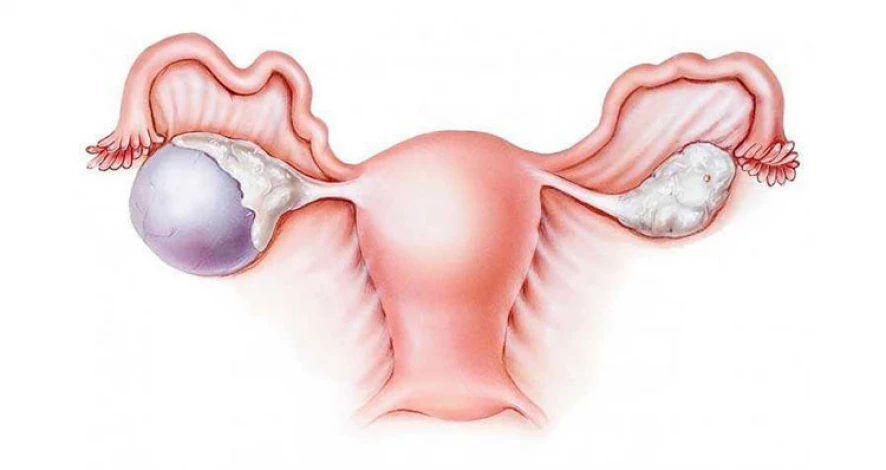
Methods for Diagnosing Ovarian Cysts
According to the required examinations and tests, the doctor studies the cyst's size, shape, and type to detect whether it is an ovarian cyst. For instance, the doctor determines if the cyst is solid, liquid, or a combination of both and then presents the best course of action to the patient. The following are some of the procedures and examinations used to diagnose ovarian cysts:
- Pelvic Ultrasound: Using a specialized device and high-frequency waves, the doctor will scan the uterus and ovaries to determine the type of the cyst and its location.
- Blood Test: In certain cases, when the ovarian cyst is solid, a blood test is recommended to assess the level of a protein called cancer antigen CA-125 so that the risk of ovarian cancer will be investigated.
- Pregnancy Test: A positive pregnancy test result may indicate the presence of a corpus luteum cyst if the patient has noticed ovarian cyst symptoms.
- Laparoscopy: During this anaesthetic-required surgery, a small incision is made to insert a narrow rod into the belly, where the doctor can observe and diagnose the cyst and immediately remove it.
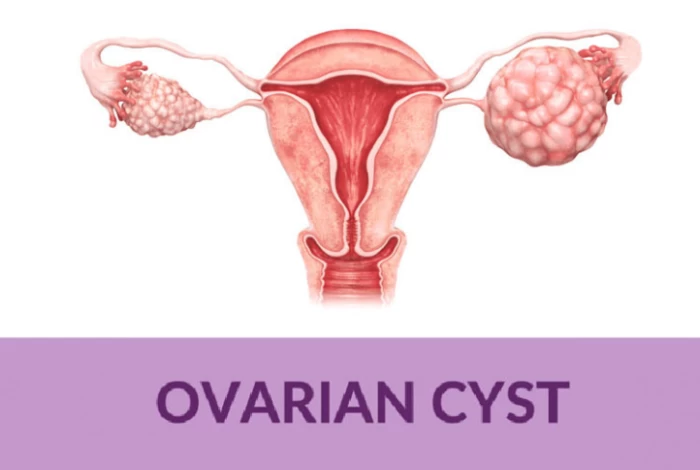
Ovarian Cyst Treatment
As previously said, the doctor first considers factors such as the patient's age and any clinical symptoms, the cyst's appearance, and the woman's menopause before prescribing an appropriate course of action. There are several types of ovarian cyst treatment, including:
- Birth control pills
- Painkillers
- Ovarian Cyst Surgery
- Home Remedies
Birth control pills
By altering the body's hormones, birth control pills can lower the likelihood of ovarian cysts and ovarian cancer. So, they can be helpful for women who suffer from frequent ovarian cysts.
Additionally, these medications stop cysts from returning. It's important to remember that contraceptives will only lessen the likelihood of cyst formation and return; they cannot minimize ovarian cysts.
Painkillers
Patients are frequently instructed to take over-the-counter painkillers for 2-3 days to ease the pain brought on by ovarian cysts; however, longer-term usage of these medications requires a doctor's care and must follow his prescription. Ibuprofen, naproxen, and acetaminophen are examples of over-the-counter painkillers.
Ovarian Cyst Surgery
Surgical treatment is required if the ovarian cyst does not go away after two to three menstrual cycles or in the event it gradually grows. Here are two options for surgical treatment:
Laparoscopy: The doctor removes the cyst from the body after making a small incision on the belly using a delicate and specialized tool.
Laparotomy: This procedure involves making a pelvic incision and removing the ovarian cyst in circumstances where the ovarian cyst has developed malignancy.
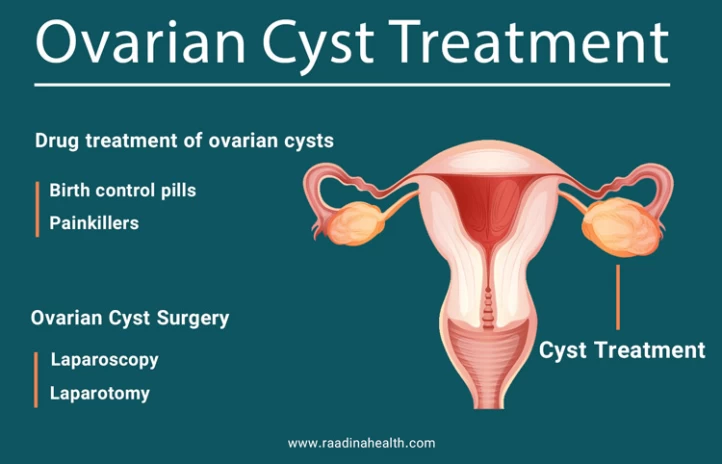
Injection to Shrink Ovarian Cyst
In certain cases, healthcare providers may recommend injections as a treatment option to shrink ovarian cysts. These injections typically contain medications such as gonadotropin-releasing hormone (GnRH) agonists or hormonal contraceptives. GnRH agonists work by temporarily suppressing ovarian function, which can help reduce the size of ovarian cysts. Hormonal contraceptives, such as birth control pills, may also be prescribed to regulate hormone levels and prevent the formation of new cysts.
Home Remedies
Shrinking ovarian cysts naturally involves lifestyle modifications and home remedies that may help alleviate symptoms and promote cyst reduction. Here are some strategies that may be beneficial:
- Warm compress: Heat therapy, also called the "hot compress method," is a technique for easing cramps brought on by ovarian cysts. It involves applying heating pads or a hot water bottle to the lower abdomen.
- Ginger Root and Tea: Ginger root is high in antioxidants and anticancer compounds. Ginger in the diet can help to inhibit the growth of cancer cells and reduce the risk of cancer. In addition, ginger tea is a natural pain reliever and cramp reducer.
- Chamomile Tea: Chamomile tea's anti-inflammatory properties calm and relieve stress. Consuming it will help you sleep more soundly and reduce muscle spasms.
- Omega 3 fatty acid: It is strongly advised to include foods high in omega-3 in your diet, such as fish oil, walnuts, and pumpkin seeds.
- Apple cider vinegar for ovarian cyst treatment: Ovarian cysts are aggravated by a potassium deficiency, so apple cider vinegar is recommended as it is rich in this substance. Consuming apple cider vinegar can help shrink ovarian cysts and lower the risk of developing them. It is advised to mix warm water and blackstrap molasses with apple vinegar and drink it every day to shrink the cyst.

Other home remedies for ovarian cysts
- Avoid consuming products like canned goods that contain preservatives;
- Avoid eating meals high in fat and calories, such as bacon, pizza, pasta, French fries, and cream-based sweets;
- Avoid consuming milk with fruits since milk is difficult to digest when consumed with fruits.
Long-Term Home Remedies for Ovarian Cysts
Cysts can be treated at home in several ways, such as shrunk over time and prevented from returning. A professional doctor should assess the patient's symptoms and physical condition before using these approaches. Here are a few of these long-term treatment methods:
Diet Modification
Being overweight or obese may result in several cysts in a woman’s body, which will lead to the development of polycystic ovarian syndrome. Avoiding foods that induce insulin resistance, such as carbs and processed meals, can help to permanently remove ovarian cysts since there is a link between polycystic ovary syndrome and the inability to lose weight.
Using Flaxseed to Regulate Hormones
Ground flaxseed is useful in treating ovarian cysts as it lowers testosterone levels and balances hormones in the body. Polycystic ovarian syndrome can occur because of the body's excessive levels of androgen hormones.
Intake of Maca Root for Regulation of Hormones
Maca root or ginseng is very helpful to menopausal women as it effectively regulates body hormones and lessens the discomforts and side effects of menopause, such as night sweats, heart palpitations, hot flashes, and depression. It should be noted that this food supplement can be consumed in the form of powder or capsules and as a supplementary ingredient in coffee or smoothies (as per direction).
Treating Ovarian Cysts in Young Girls
Ovarian cysts are typically treated in young, single ladies using techniques including massage therapy, lifestyle modifications, diet modifications, keeping the body warm, and relaxation.
Ovarian Cysts Treatment During Menopause
Suppose the ovarian cyst is benign and the CA-125 protein level is normal. In that case, the doctor repeats the CA-125 test to control the patient's condition and performs frequent physical examinations and imaging tests. He/she might also prescribe ovarian cyst medication to cure pain and other cyst symptom relief.
It is worth noting that certain benign cysts require surgery, which is known as cystectomy surgery. This surgery is used if the cyst is large, painful, or in cyst rupture and drug treatments are ineffective. In addition, this procedure is performed when there is a chance that ovarian cancer will develop. Naturally, in postmenopausal women, the laparoscopic procedure is frequently employed to remove the cyst.

Why Is Ovarian Cyst Treatment Necessary?
If this disease is not caught and addressed in time, it may grow worse and develop into malignant cysts, causing irreversible damage to the patient's body. Additionally, ovarian cysts that are not treated may cause issues with fertility and conception. However, this is not always the case, and some people can still get pregnant despite having an ovarian cyst.
Ovarian Cyst Rupture Treatment
Treatment for ovarian cyst rupture typically focuses on managing symptoms and preventing complications. In cases where the rupture causes mild symptoms or resolves on its own, conservative measures such as pain management with over-the-counter pain relievers and rest may be sufficient.
However, if the rupture leads to severe pain, bleeding, or other complications, medical intervention may be necessary. This can include intravenous fluids to maintain hydration, pain medications to alleviate discomfort, and sometimes surgical intervention to address any internal bleeding or to remove the cyst if it poses a risk of further complications. It's essential for individuals experiencing symptoms of ovarian cyst rupture to seek prompt medical attention for proper evaluation and treatment.
What Size of Ovarian Cyst is Dangerous?
The size of an ovarian cyst alone does not necessarily determine whether surgery is required. Generally, cysts larger than 5 centimetres (about 2 inches) in diameter are more likely to be monitored closely or treated, especially if they persist over time or cause symptoms such as pain, bloating, or pressure on nearby organs. However, the decision to recommend surgery depends on various factors, including the type of cyst, its characteristics (such as whether it's solid or fluid-filled), the presence of symptoms, and the individual's overall health and medical history. Some cysts, such as dermoid cysts or atypical appearance cysts, may warrant surgical removal, even if small. It's essential to consult with a healthcare provider for proper evaluation and personalized treatment recommendations based on individual circumstances.
How Long Does It Take to Treat an Ovarian Cyst?
Ovarian cysts typically resolve without medication or additional treatment after one to three months. Still, if the cyst doesn't go away in this time frame or gets bigger, you should visit a doctor and use one of the ovarian cyst treatments.
Conclusion
There is no surefire strategy to stop ovarian cysts from developing, even though there are numerous medications and herbal supplements available to cure ovarian cysts or lessen their discomfort and symptoms.
It is also important to note that ovarian cyst discomfort can occasionally be mistaken for Mittelschmerz pain (painful ovulation). In light of this, it is advised to seek medical attention if you experience pain in your abdomen or ovaries. A specialized doctor can differentiate between the issues associated with these two complications and provide the patient with effective therapy.
FAQs About Ovarian Cyst Treatments
When is surgery recommended for ovarian cysts?
Surgery may be recommended if the cyst is large, persistent, or causing severe symptoms such as pain or pressure on surrounding organs. Surgical options may include cystectomy (removal of the cyst while preserving the ovary) or oophorectomy (removal of the affected ovary). In rare cases where cancer is suspected, a hysterectomy (removal of the uterus and ovaries) may be performed.
Can home remedies or lifestyle changes help manage ovarian cysts?
While home remedies cannot cure ovarian cysts, certain lifestyle changes may help manage symptoms and reduce the risk of recurrence. These may include maintaining a healthy weight, eating a balanced diet of fruits, vegetables, and whole grains, staying hydrated, and exercising regularly. Stress management techniques such as yoga, meditation, and deep breathing exercises may also be beneficial.
Can natural supplements or alternative therapies help treat ovarian cysts?
Some women relieve ovarian cyst symptoms using natural supplements such as magnesium and vitamin B6 or herbal remedies like chaste berry or evening primrose oil. However, it's essential to consult with a healthcare provider before using any supplements or alternative therapies, as they may interact with other medications or have potential side effects. Additionally, these treatments should not replace conventional medical care for ovarian cysts.
How long does it take for ovarian cysts to go away independently?
The time it takes for ovarian cysts to resolve on their own can vary depending on factors such as the size and type of the cyst and individual health factors. Small, asymptomatic cysts may often resolve within a few menstrual cycles. However, larger or more complex cysts may take longer to go away or may require medical treatment.
Can ovarian cysts cause infertility?
In most cases, ovarian cysts do not directly cause infertility. However, certain types of cysts, such as endometriomas or cysts associated with polycystic ovary syndrome (PCOS), may be associated with fertility issues. Additionally, if ovarian cysts lead to complications such as ovarian torsion (twisting) or interfere with ovulation, they may affect fertility. It's essential to consult with a fertility specialist if you have concerns about ovarian cysts and fertility.
Can ovarian cysts recur after treatment?
Yes, ovarian cysts can recur after treatment, especially if the underlying cause is not addressed. For example, if hormonal imbalances or conditions such as polycystic ovary syndrome (PCOS) contribute to cyst formation, new cysts may develop over time. Regular monitoring and follow-up care with a healthcare provider is essential to detect and manage recurrent cysts promptly.
How often should ovarian cysts be monitored after treatment?
The frequency of follow-up monitoring for ovarian cysts depends on factors such as the size and type of the cyst, as well as the patient's symptoms and medical history. In some cases, periodic ultrasound imaging may be recommended to monitor cyst size and appearance. Your healthcare provider will determine the appropriate follow-up schedule based on your circumstances.
Are ovarian cysts more common in certain age groups?
Ovarian cysts can occur in women of all ages, but they are most commonly diagnosed during a woman's childbearing years, typically between the ages of 20 and 40. However, ovarian cysts can also occur in postmenopausal women, although they are less common in this age group. It's essential for women of all ages to be aware of the symptoms of ovarian cysts and to seek medical attention if they experience persistent or severe symptoms.
How to shrink ovarian cysts naturally?
Some ovarian cysts shrink on their own, but natural remedies like maintaining a balanced diet, reducing caffeine, applying heat pads, and taking herbal teas such as ginger or chamomile may help ease symptoms. Always consult your doctor before relying only on natural methods.
What are the most effective natural remedies for ovarian cysts?
Herbal teas, castor oil packs, and lifestyle changes such as regular exercise and stress management are commonly suggested remedies. These may not dissolve cysts but can reduce bloating, pain, and discomfort.
Which medication can dissolve ovarian cysts?
Birth control pills are often prescribed to prevent new cysts from forming and to regulate menstrual cycles. Pain relievers like NSAIDs can also help with discomfort. Currently, no pill can instantly dissolve existing cysts, but medical treatment often helps manage them.
Can apple cider vinegar help treat ovarian cysts?
While apple cider vinegar is often mentioned in natural health discussions, there is no scientific proof it can shrink ovarian cysts. However, it may support digestion and general health when taken in moderation.
What is the best injection for ovarian cysts?
In some cases, doctors recommend hormone injections to regulate ovulation and prevent cyst formation. The exact choice depends on your diagnosis, so treatment should always be tailored by a fertility specialist.
How can I relieve ovarian cyst pain at home?
Applying a warm heating pad on the abdomen, practicing relaxation techniques, and taking over-the-counter pain relievers may ease discomfort. If the pain is severe or sudden, seek medical attention immediately, as it could signal a ruptured cyst.


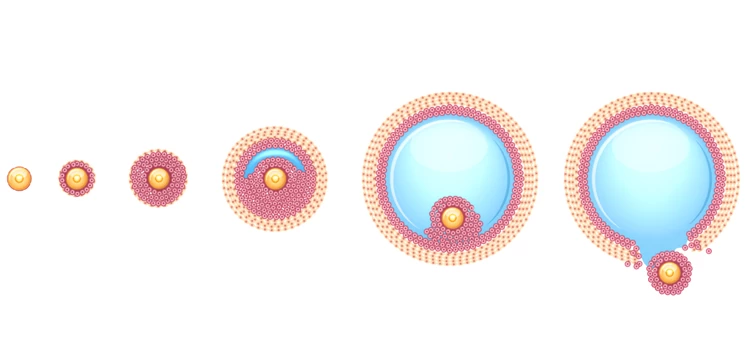
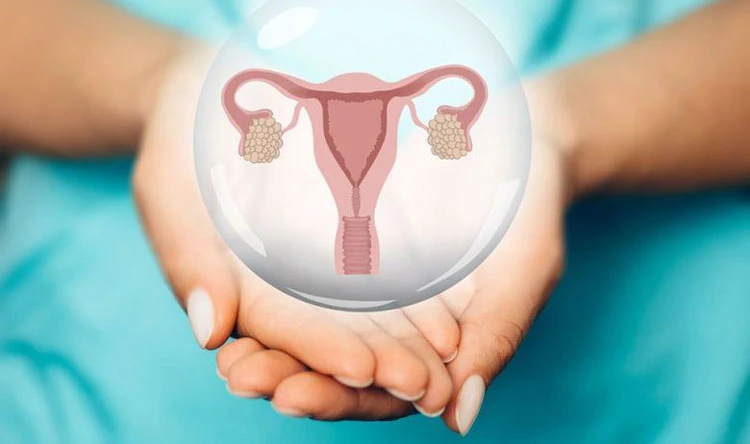
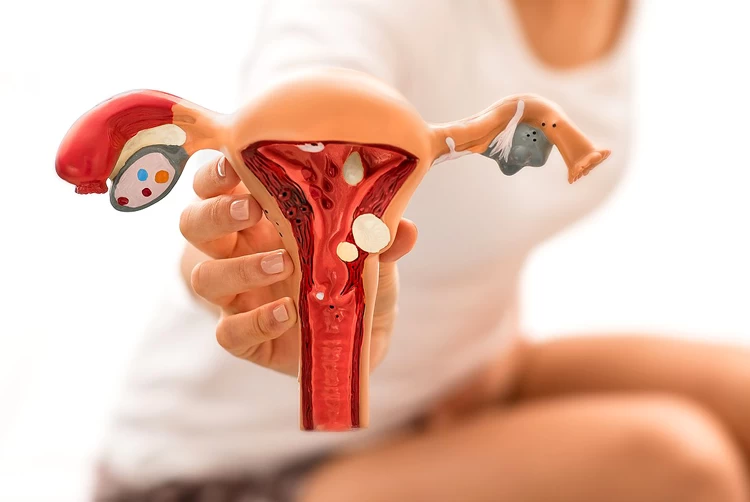



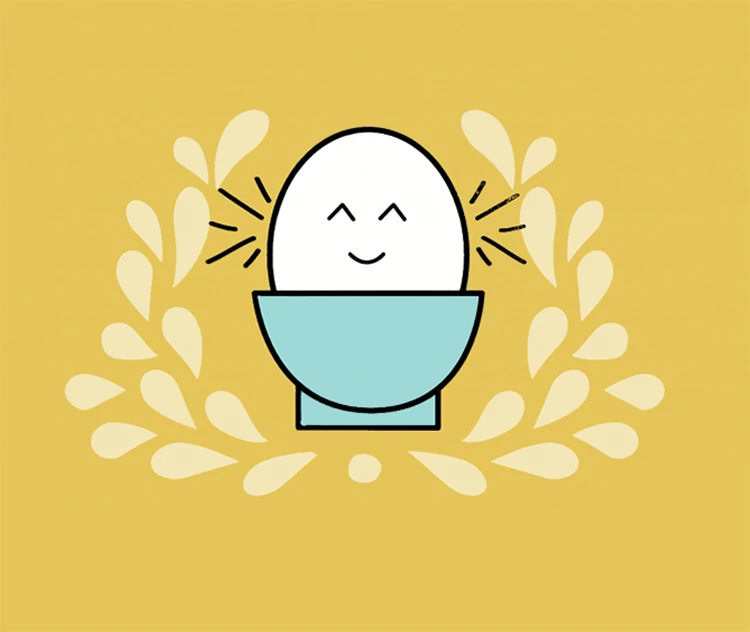
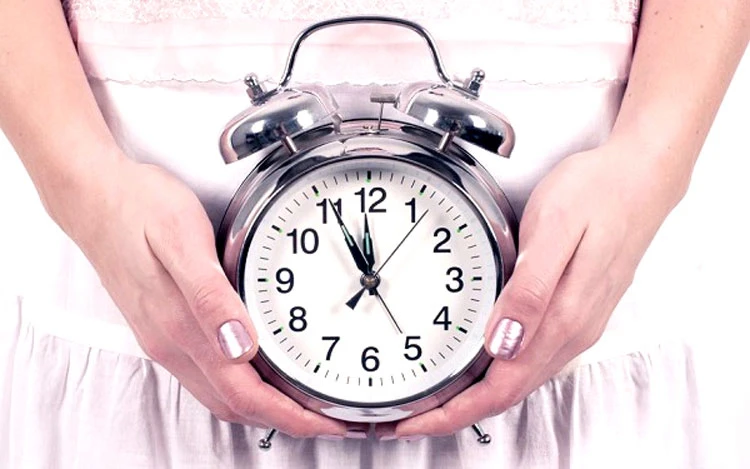
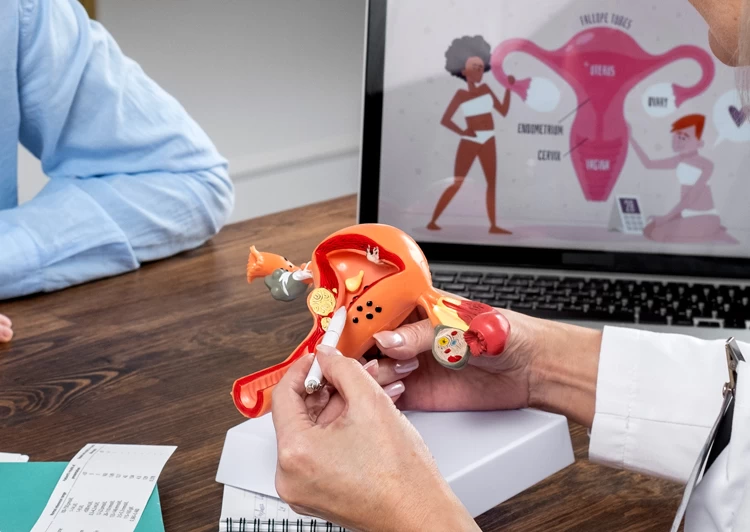
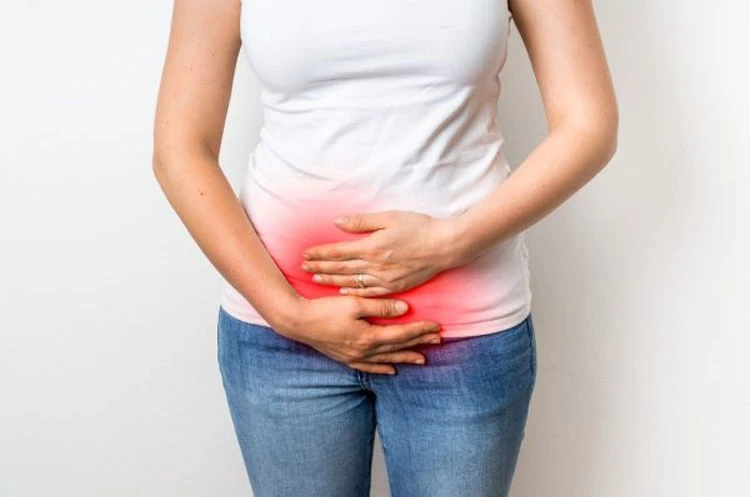

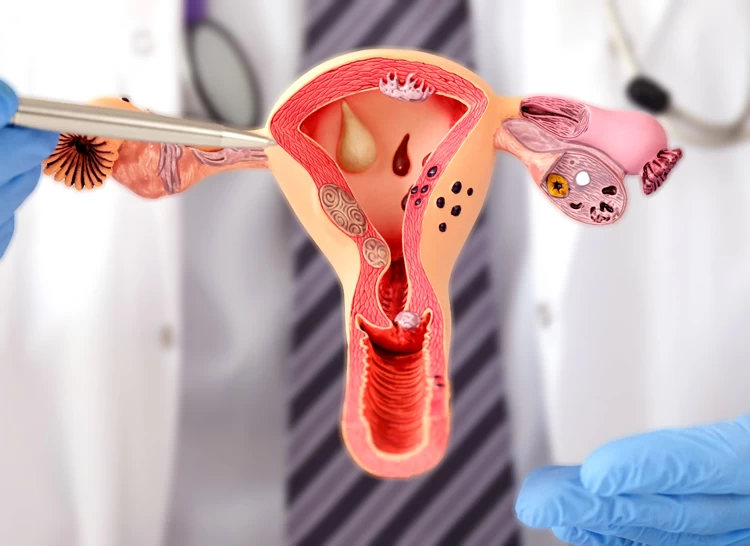
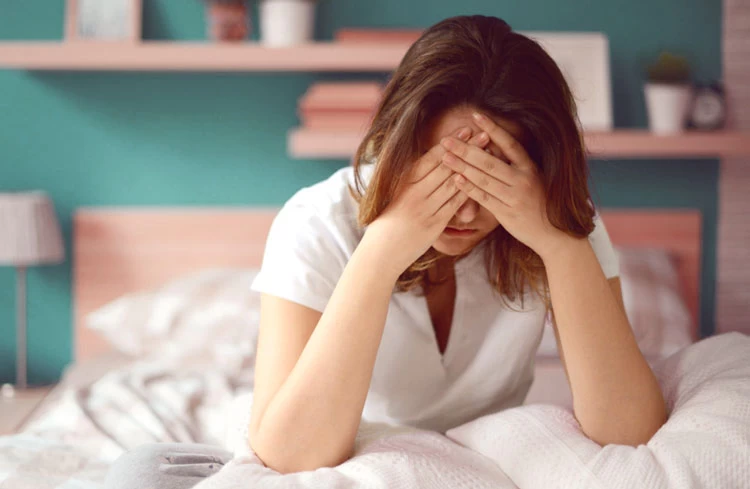
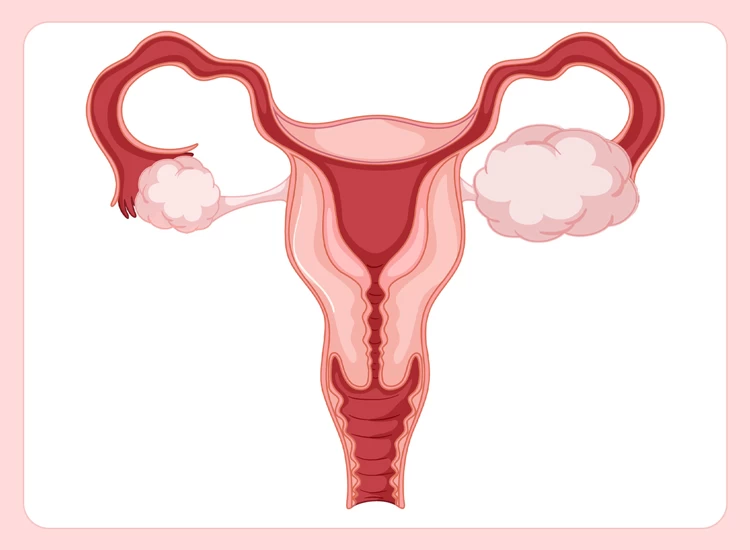
No reviews
Your comment